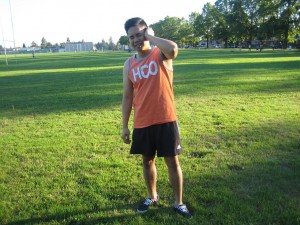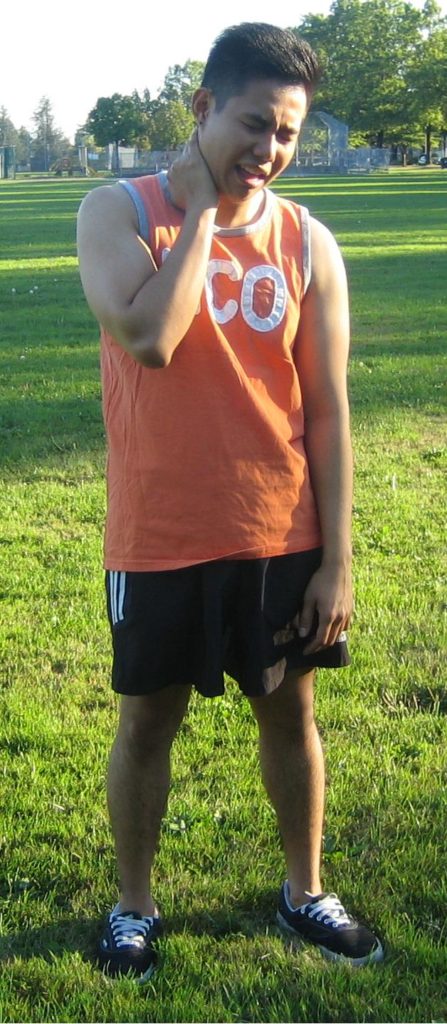A pinched nerve happens when there is excessive pressure placed on a nerve or roots of the nerve by nearby structures such as the cervical discs, tight muscles and bone spurs. A pinched nerve in the neck and other areas of the body causes severe pain. It prevents the affected person from performing normal daily activities. Pinch nerves happen when the surrounding tissues such as the cartilage, bone, tendons or muscles becomes trapped or are pressed abnormally against a nerve.
[youtube url=”https://www.youtube.com/watch?v=pUouglVFJ2o” width=”220″]A person can get a pinched nerve from activities and situations such as having poor posture, injuries, performing repetitive motions, hobbies, playing sports and obesity. A pinched nerve can happen in any part of the body, but they are usually common in the neck, spine, wrist and elbows.
Symptoms

- Minor swelling of the area
- Numbness
- Sharp pain on the affected area
- Tingling sensations
- Muscle spasms and weakness
Treatment for a pinched nerve in the neck
- Apply cold and heat on the affected area. Alternate using an ice pack and warm compress on the affected area. Apply ice for at least 15 minutes for 3-4 times every day in order to help lessen the inflammation then apply a heating pad to the affected area for at least an hour for 4-5 nights every week until symptoms are minimized. Heat increases flow of blood and helps for the fast healing of the area. Avoid placing heat in the area for more than 1 hour in order to prevent making the condition worse.
- Take a hot bath or soak in hot water in order to help in relaxing the muscles in the area and for proper circulation of blood.
- Avoid flexing and moving the affected area in order to prevent the condition from worsening.
- Get plenty of sleep in order to help repair damage on the affected pinched nerve. A couple of hours of extra rest can help lessen the symptoms.
- Wear a neck brace or splint in order to help rest the affected nerve while working, at school and other obligations. It also helps in holding the muscles throughout the day.
- Massage the whole body by applying pressure to the pinched nerve in order to help lessen the tension and pain. Massage also helps in relaxing the muscle and the affected area of the neck. Gently knead the affected area in the neck using the fingers to promote proper circulation of blood in the area and loosen any muscles that causes the compression of the nerve. Avoid performing intense deep-tissue massage or applying heavy pressure in order to prevent the condition from worsening.
- Take the prescribed over-the-counter pain medications such as ibuprofen and aspirin in order to help minimize swelling and pain.
FACT CHECK
https://www.mayoclinic.org/diseases-conditions/pinched-nerve/symptoms-causes/syc-20354746
https://orthoinfo.aaos.org/en/diseases–conditions/cervical-radiculopathy-pinched-nerve/
https://www.webmd.com/pain-management/guide/compressed-nerves#1

